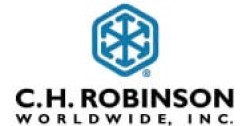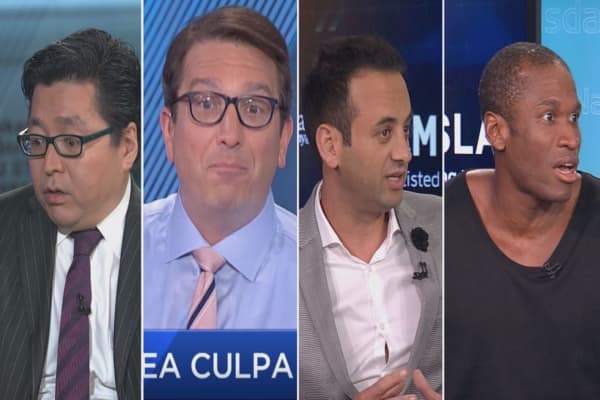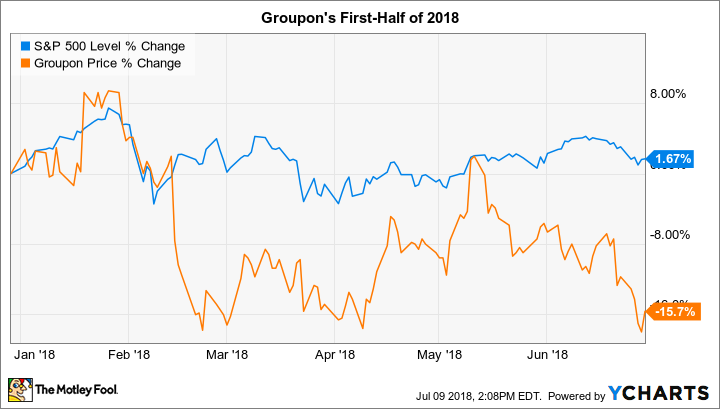Airbus (NASDAQOTH:EADSY) has captured more firm orders than Boeing (NYSE:BA) in each of the past five years. This allowed Airbus to extend its backlog to more than 7,000 firm orders by the end of 2017, compared with fewer than 6,000 firm orders for Boeing. (A decade ago, the two were evenly matched.)
However, Boeing has started to mount a comeback in 2018. During the first half of the year, it booked 460 net firm orders, compared with just 206 for Airbus. The U.S. aerospace giant appears to have extended its advantage in the annual order race at the recent Farnborough Airshow.
Lots of commitments but few firm orders for AirbusAirbus had a solid showing last week, but most of the deals it announced were commitments that still need to be finalized, rather than firm orders. These commitments are often firmed up within a few months, but sometimes they just disappear.
In total, Airbus said that it received 93 firm orders and 338 additional commitments at the air show. Most of the firm orders were smaller deals. The most important by far was an order for 34 additional A330neos from AirAsia X. That brings AirAsia X's A330neo backlog to 100 aircraft. More importantly, it ensures that the carrier won't defect to Boeing's 787 Dreamliner.

Airbus was able to prevent AirAsia X from defecting to Boeing's 787 Dreamliner. Image source: Airbus.
Meanwhile, major commitments announced last week included a deal for 80 A320neos with an undisclosed aircraft leasing company, a commitment for an additional 75 A320neos and 25 A321neos from an existing customer, and a commitment from airline industry veteran David Neeleman's U.S. airline start-up for 60 A220-300s.
Including a firm order for 60 A220-300s placed by JetBlue a week before the air show, Airbus has now captured more than 750 firm orders and commitments year to date. A little more than half are commitments, but 2018 is shaping up to be another good year for Airbus, as long as it can convert most of those commitments to firm orders by year's end.
Solid order intake for Boeing -- despite some funny countingBoeing reported an even stronger order haul at the Farnborough Airshow, with a total of 673 firm orders and commitments. However, it exaggerated its performance with some dubious counting methodology.
For example, Boeing announced a firm order from Jet Airways for 75 additional 737 MAXes -- but it had already added this order to its backlog last month. It used the same trick in reporting some of its 14 777F orders and commitments from DHL. Meanwhile, Boeing appears to have counted an order for 30 737 MAX 10s from GOL that was actually a conversion of existing 737 MAX 8 orders.

Boeing counted some deals in its air show order total that it had booked previously. Image source: Boeing.
That said, even without fudging the numbers, Boeing captured more than 500 new firm orders and commitments last week. Notable deals included a commitment for an extra 100 737 MAXes from VietJet, a commitment from an undisclosed customer for 100 additional 737 MAXes, and a 78-aircraft deal with Air Lease, consisting of a firm order for three 787s and 20 737 MAXes, plus a commitment for another 55 737 MAX aircraft.
If Boeing can make progress on finalizing some of its outstanding commitments by year's end, it will have a good shot at surpassing 1,000 net firm orders in 2018. It hasn't broken the 1,000-order mark since 2014.
Raising production is now keyAs usual, the A320neo and 737 MAX families accounted for the vast majority of the orders and commitments announced over the past week. The backlogs for these popular models continue to swell, despite efforts by both Airbus and Boeing to ramp up production.
By the end of next year, Airbus hopes to be building 63 A320-family aircraft per month, while Boeing plans a monthly 737 production rate of 57. Both aircraft manufacturers recognize that they risk losing orders unless they can increase output even further. However, some of their suppliers -- particularly engine makers -- are struggling just to meet their existing production targets.
It's a great sign that demand for Airbus and Boeing narrowbodies is still red-hot among airlines and leasing companies. But unless the two aerospace giants can satisfy that demand in a timely fashion by raising production further, the annual order race will remain a somewhat meaningless contest.

 Equities research analysts expect that C.H. Robinson Worldwide Inc (NASDAQ:CHRW) will post $1.06 earnings per share (EPS) for the current quarter, according to Zacks. Eight analysts have issued estimates for C.H. Robinson Worldwide’s earnings. The lowest EPS estimate is $1.00 and the highest is $1.10. C.H. Robinson Worldwide reported earnings per share of $0.78 in the same quarter last year, which would suggest a positive year over year growth rate of 35.9%. The company is scheduled to announce its next earnings report after the market closes on Tuesday, July 31st.
Equities research analysts expect that C.H. Robinson Worldwide Inc (NASDAQ:CHRW) will post $1.06 earnings per share (EPS) for the current quarter, according to Zacks. Eight analysts have issued estimates for C.H. Robinson Worldwide’s earnings. The lowest EPS estimate is $1.00 and the highest is $1.10. C.H. Robinson Worldwide reported earnings per share of $0.78 in the same quarter last year, which would suggest a positive year over year growth rate of 35.9%. The company is scheduled to announce its next earnings report after the market closes on Tuesday, July 31st. What five bullish experts have to say about bitcoin 4:52 PM ET Fri, 13 July 2018 | 04:29
What five bullish experts have to say about bitcoin 4:52 PM ET Fri, 13 July 2018 | 04:29 

 BitSend (CURRENCY:BSD) traded up 1.1% against the U.S. dollar during the 1 day period ending at 15:00 PM Eastern on July 9th. BitSend has a total market capitalization of $5.62 million and $27,593.00 worth of BitSend was traded on exchanges in the last 24 hours. Over the last week, BitSend has traded 0.2% higher against the U.S. dollar. One BitSend coin can now be purchased for $0.28 or 0.00004234 BTC on cryptocurrency exchanges including LiteBit.eu, SouthXchange, Upbit and Cryptopia.
BitSend (CURRENCY:BSD) traded up 1.1% against the U.S. dollar during the 1 day period ending at 15:00 PM Eastern on July 9th. BitSend has a total market capitalization of $5.62 million and $27,593.00 worth of BitSend was traded on exchanges in the last 24 hours. Over the last week, BitSend has traded 0.2% higher against the U.S. dollar. One BitSend coin can now be purchased for $0.28 or 0.00004234 BTC on cryptocurrency exchanges including LiteBit.eu, SouthXchange, Upbit and Cryptopia. 
 Shanghai composite falls in June, on track for worst year since 2011 3:13 AM ET Mon, 2 July 2018 | 02:24
Shanghai composite falls in June, on track for worst year since 2011 3:13 AM ET Mon, 2 July 2018 | 02:24  Concerns about China's economy are 'a bit overdone': Strategist 3:12 AM ET Mon, 2 July 2018 | 02:01
Concerns about China's economy are 'a bit overdone': Strategist 3:12 AM ET Mon, 2 July 2018 | 02:01